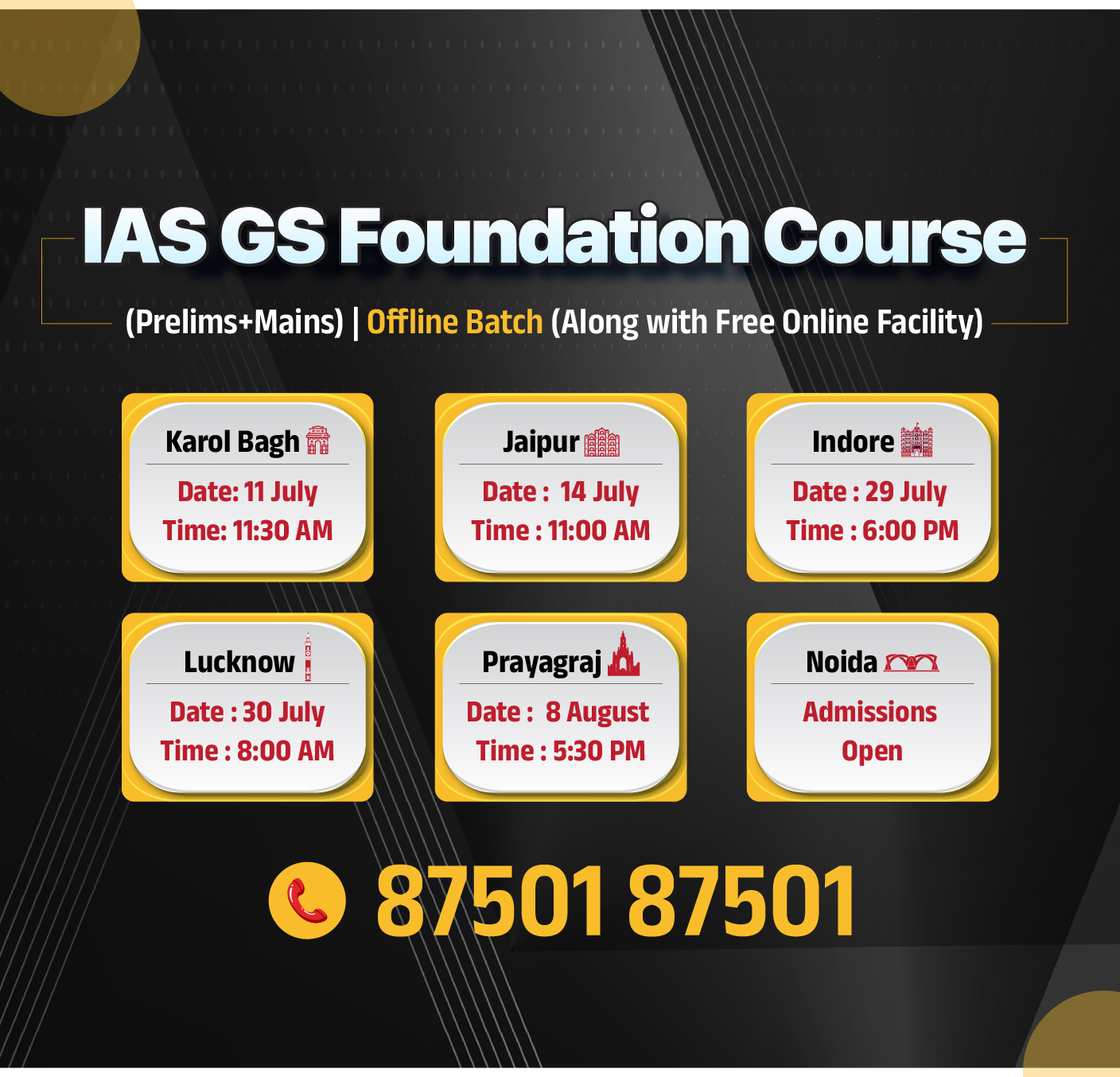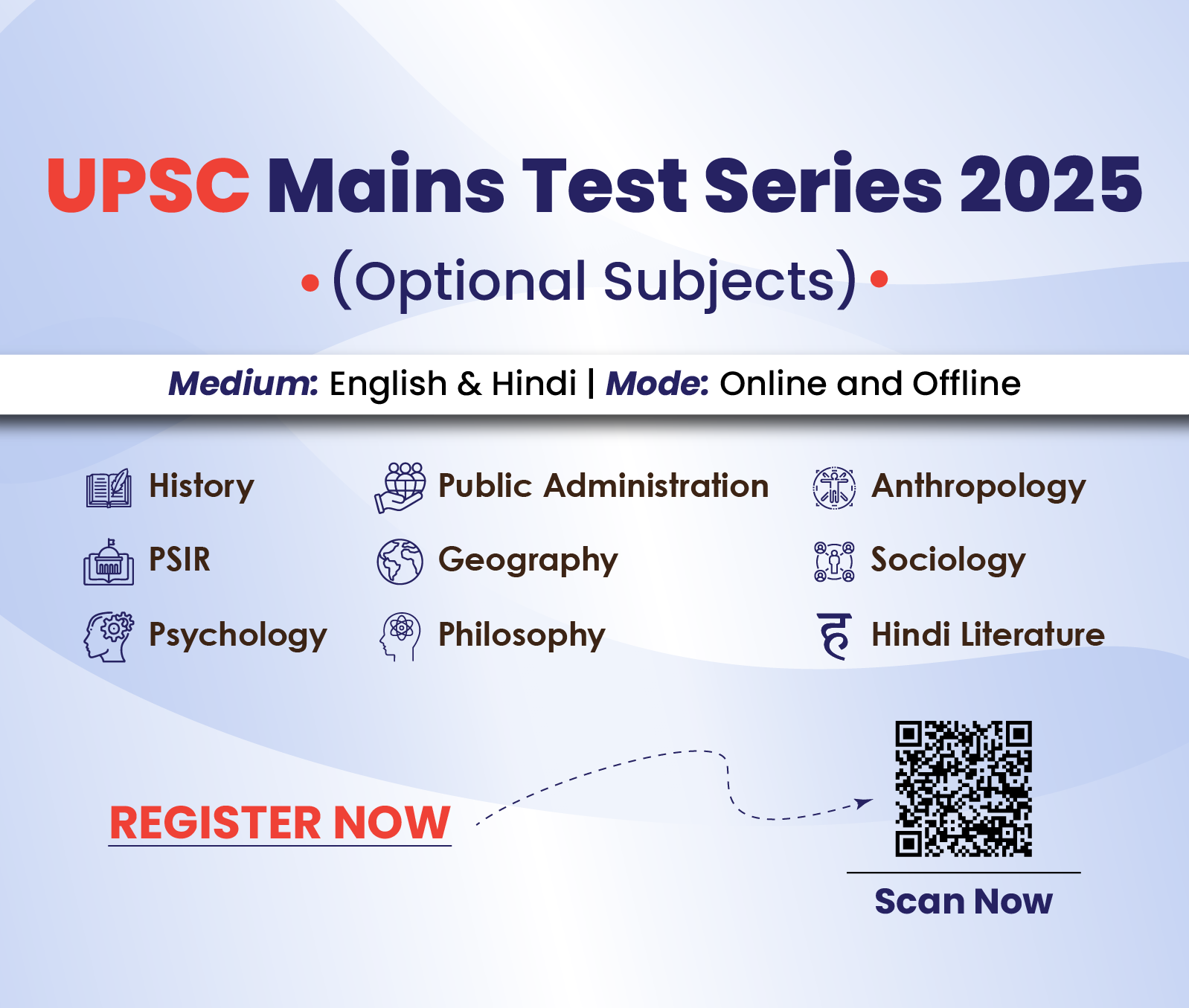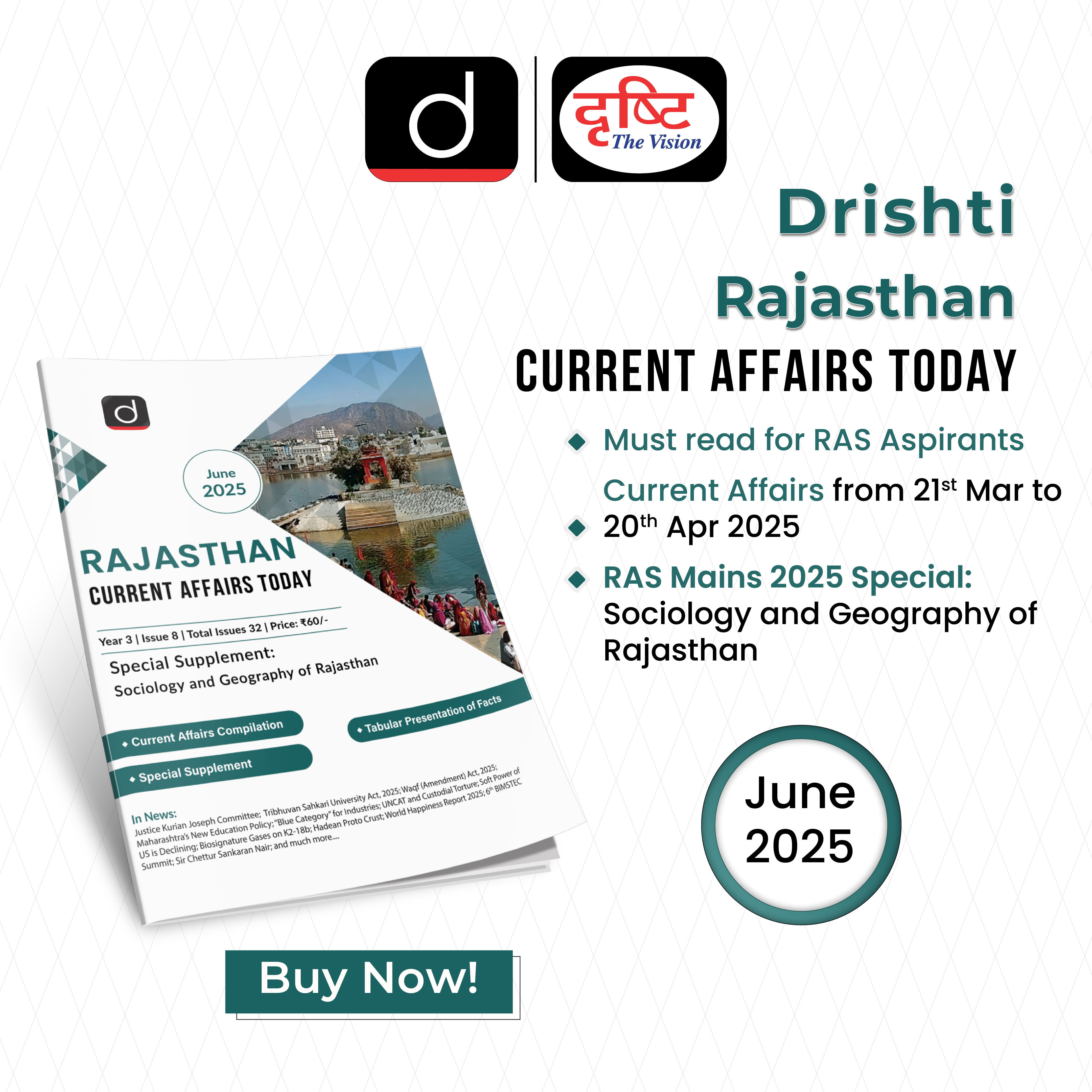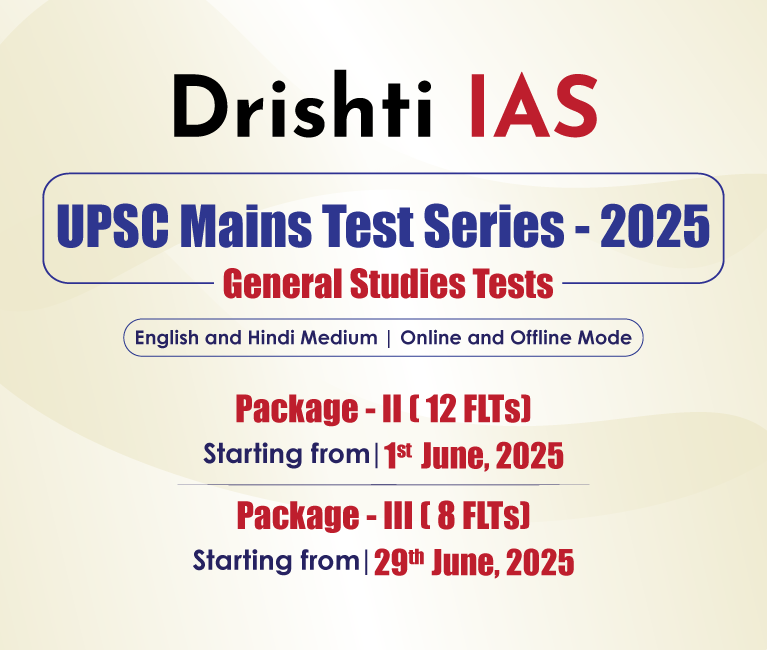Chhattisgarh Switch to Hindi
Chhattisgarh Waives VAT Dues and Approved GST (Amendment) Bill Drafts
Why in News?
The Chhattisgarh government has announced major relief for small traders by waiving Value Added Tax (VAT) dues up to Rs 25,000 in cases pending for over 10 years.
- State government has also approved the drafts of the Chhattisgarh GST (Amendment) Bill, 2025 and the Chhattisgarh Settlement of Outstanding Dues (Amendment) Bill, 2025.
Note:
- Value Added Tax (VAT): Tax on goods sold, applied at each stage of the supply chain. It is imposed on goods that are excluded from the GST regime like alcoholic beverages, petroleum products etc.
Key Points
- Old VAT Dues Waived:
- By writing off old VAT dues, a move that will benefit over 40,000 small traders and help resolve more than 62,000 pending cases, thereby significantly reducing the compliance burden and litigation backlog.
- Drafts of GST-Related Amendment Bills Approved:
- The government approved the drafts of two key bills:
- Chhattisgarh Goods and Services Tax (Amendment) Bill, 2025
- Chhattisgarh Settlement of Outstanding Tax, Interest, and Penalty (Amendment) Bill, 2025
- Both bills will be introduced during the Monsoon Session of the State Assembly starting 14 July 2025.
- The government approved the drafts of two key bills:
- Key Features of the Draft:
- These legislative amendments are part of the government’s broader strategy to enhance the ease of doing business in the state.
- The proposed changes align with decisions made during the 55th GST Council meeting.
- The draft bill proposes a reduction in the mandatory pre-deposit for penalty-only cases (with no tax demand) from 20% to 10% for filing appeals before the appellate authority.
- To eliminate confusion caused by conflicting Advance Ruling Authority decisions, the government has proposed to delete the 'Time of Supply' provision related to the taxability of vouchers, ensuring greater clarity and uniformity.
- A key amendment also proposes to exclude warehousing transactions within Special Economic Zones (SEZs) from the GST framework.
- This will apply to goods stored in SEZ warehouses that are traded multiple times without physical movement, and is aimed at boosting trade efficiency within SEZs.
- These legislative amendments are part of the government’s broader strategy to enhance the ease of doing business in the state.
GST Council
- About: The GST Council, a constitutional body under Article 279-A (101st Amendment, 2016), makes recommendations on GST implementation.
- GST is a value-added (Ad Valorem) and indirect tax system that is levied on the supply of goods and services in India.
- Members: The Council includes the Union Finance Minister (Chairperson), Union Minister of State (Finance), and a finance or any other minister from each state.
- Nature of Decisions: In the Mohit Minerals case, 2022, the Supreme Court ruled GST Council recommendations are not binding, as Parliament and states have simultaneous legislative powers on GST.
Special Economic Zones (SEZ)
- A SEZ is a duty-free enclave treated as foreign territory for the purpose of trade, tariffs, and operations. Any private/public/joint sector or State Government or its agencies can set up SEZ.
- SEZs were first introduced in India in 2000 under the Foreign Trade Policy, replacing the earlier Export Processing Zones (EPZs). They are governed by the SEZ Act, 2005 and SEZ Rules, 2006.
- The Development of Enterprise and Service Hubs (DESH) Bill, 2022 aims to replace the SEZ Act, 2005 and transform SEZs into more flexible and inclusive Development Hubs.
- These hubs will be exempt from many existing regulatory restrictions and will support both export-oriented and domestic investments, functioning as integrated zones for international and domestic trade.







-UPPCS-English%20(web).png)
-UPPCS-English%20(mobile).png)







.jpg)









.png)





 PCS Parikshan
PCS Parikshan

